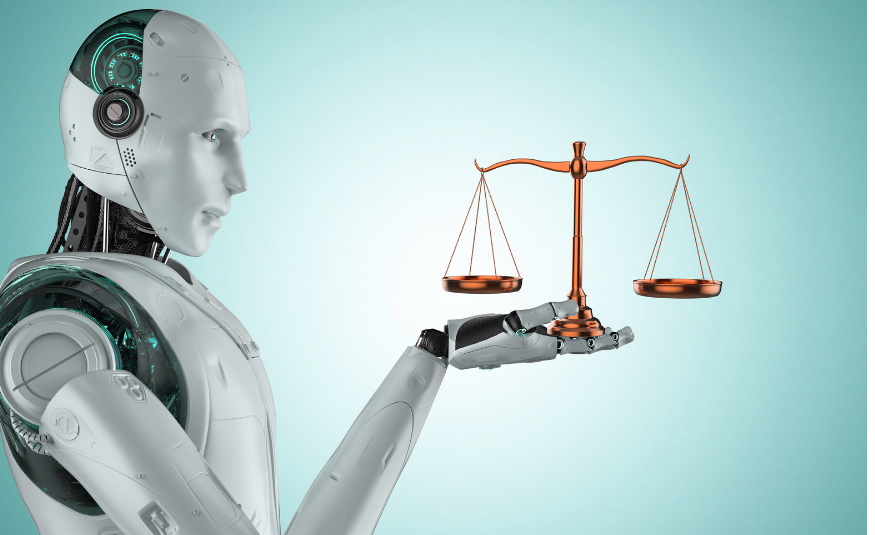Animal Rights and Animal Welfare Laws

In the complex web of societal issues, few subjects evoke as much empathy and debate as animal rights and welfare laws. As our understanding of animals’ cognitive and emotional capacities grows, so does the need for robust legal frameworks to protect them. This article delves into the intricate realm of animal rights and animal welfare laws, exploring their evolution, impact on society, controversies, and future trends.
Contents
- 1 Distinguishing Between Animal Rights and Animal Welfare
- 2 Historical Perspective
- 3 Key Components of Animal Rights Laws
- 4 Impact of Animal Rights Laws on Society
- 5 Controversies Surrounding Animal Rights
- 6 The Role of Animal Welfare Laws
- 7 Successful Implementations Worldwide
- 8 Challenges in Enforcement
- 9 Animal Rights Advocacy Groups
- 10 Technological Advances in Animal Welfare
- 11 Educational Initiatives
- 12 Government and Non-Government Initiatives
- 13 Economic Impact of Animal Rights Laws
- 14 Looking Ahead: Future Trends in Animal Protection
- 15 Conclusion
- 16 FAQs
Distinguishing Between Animal Rights and Animal Welfare
Before we plunge into the depths of this discussion, it’s crucial to distinguish between animal rights and animal welfare. While these terms are often used interchangeably, they encapsulate distinct ideologies. Animal rights advocate for the inherent entitlements of animals, treating them as sentient beings with certain inalienable rights. On the other hand, animal welfare focuses on ensuring the proper treatment and well-being of animals without necessarily granting them rights.
Historical Perspective
The journey towards recognizing and protecting animal rights has been a slow but steady one. Throughout history, societies have grappled with their ethical responsibilities towards animals. From ancient civilizations to the present day, the development of laws about animals reflects an evolving understanding of our moral obligations to these creatures.
Key Components of Animal Rights Laws
Modern animal rights laws encompass a spectrum of regulations designed to prevent cruelty, ensure humane treatment, and protect animals from exploitation. These laws touch on various aspects, including but not limited to captivity conditions, experimentation, and slaughter practices.
Impact of Animal Rights Laws on Society
The implementation of robust animal rights laws has had profound effects on society. It has led to increased awareness of animal cruelty, prompting individuals and businesses to adopt more ethical practices. However, it also poses challenges, with some arguing that such laws might hinder certain industries.
Controversies Surrounding Animal Rights
As with any societal shift, controversies surround the implementation of animal rights laws. Balancing the interests of animals with economic considerations and cultural practices remains a challenge. The article navigates through common debates, addressing concerns and proposing potential solutions.
The Role of Animal Welfare Laws
While animal rights laws focus on inherent entitlements, animal welfare laws concentrate on the day-to-day conditions and treatment of animals. These laws set standards for housing, nutrition, veterinary care, and other elements crucial to their well-being.
Successful Implementations Worldwide
Several countries have emerged as beacons of exemplary animal rights and welfare legislation. These nations showcase the positive impact of stringent laws, not only on the lives of animals but also on societal attitudes towards them.
Read More: Environmental Conservation Laws and Practices
Challenges in Enforcement
Despite the existence of comprehensive laws, enforcement remains a significant challenge. Inadequate resources, cultural resistance, and the sheer scale of industries involved in animal exploitation often hinder effective implementation.
Animal Rights Advocacy Groups
Recognizing the importance of collective efforts, numerous advocacy groups dedicate themselves to championing the cause of animal rights. These organizations play a pivotal role in raising awareness, lobbying for legislative changes, and ensuring the welfare of animals.
Technological Advances in Animal Welfare
Advancements in technology have introduced innovative solutions to enhance animal welfare. From precision farming techniques to wearable devices monitoring animal health, technology is becoming a powerful ally in our quest to improve the lives of animals.
Educational Initiatives
Raising awareness and educating the public are crucial components of the animal rights movement. Educational initiatives aim to foster empathy, dispel myths, and encourage responsible behavior towards animals.
Government and Non-Government Initiatives
The collaborative efforts of governments and non-governmental organizations are instrumental in shaping and enforcing animal protection laws. Partnerships between these entities are vital for creating a comprehensive and effective legal framework.
Economic Impact of Animal Rights Laws
The implementation of stringent animal rights laws can have far-reaching economic implications. Industries involved in animal exploitation may face challenges, but there are also opportunities for growth in ethical and sustainable alternatives.
Looking Ahead: Future Trends in Animal Protection
As we stand at the intersection of compassion and progress, the future of animal protection seems promising. Anticipating trends such as increased use of alternative proteins, advancements in veterinary care, and stronger international collaborations, the trajectory appears to favor a more compassionate coexistence with our fellow beings.
Read More: How many car accidents happen close to where you live?
Conclusion
In conclusion, the journey towards establishing and enforcing animal rights and welfare laws is an ongoing one. While progress has been made, challenges persist. The balance between economic interests and ethical responsibilities remains delicate, demanding a continuous dialogue and proactive measures. As a society, our commitment to protecting animals reflects our values and defines our collective character.
FAQs
Are animal rights and animal welfare the same?
No, they are distinct concepts. Animal rights focus on inherent entitlements, while animal welfare is concerned with day-to-day conditions and treatment.
What impact do animal rights laws have on society?
They lead to increased awareness of animal cruelty and encourage ethical practices but also pose challenges to certain industries.
How do technological advances contribute to animal welfare?
Technology introduces innovative solutions such as precision farming and wearable devices to monitor and improve animal health.
What are the challenges in enforcing animal rights laws?
Challenges include inadequate resources, cultural resistance, and the scale of industries involved in animal exploitation.
What is the economic impact of stringent animal rights laws?
Industries involved in animal exploitation may face challenges, but there are opportunities for growth in ethical and sustainable alternatives.





